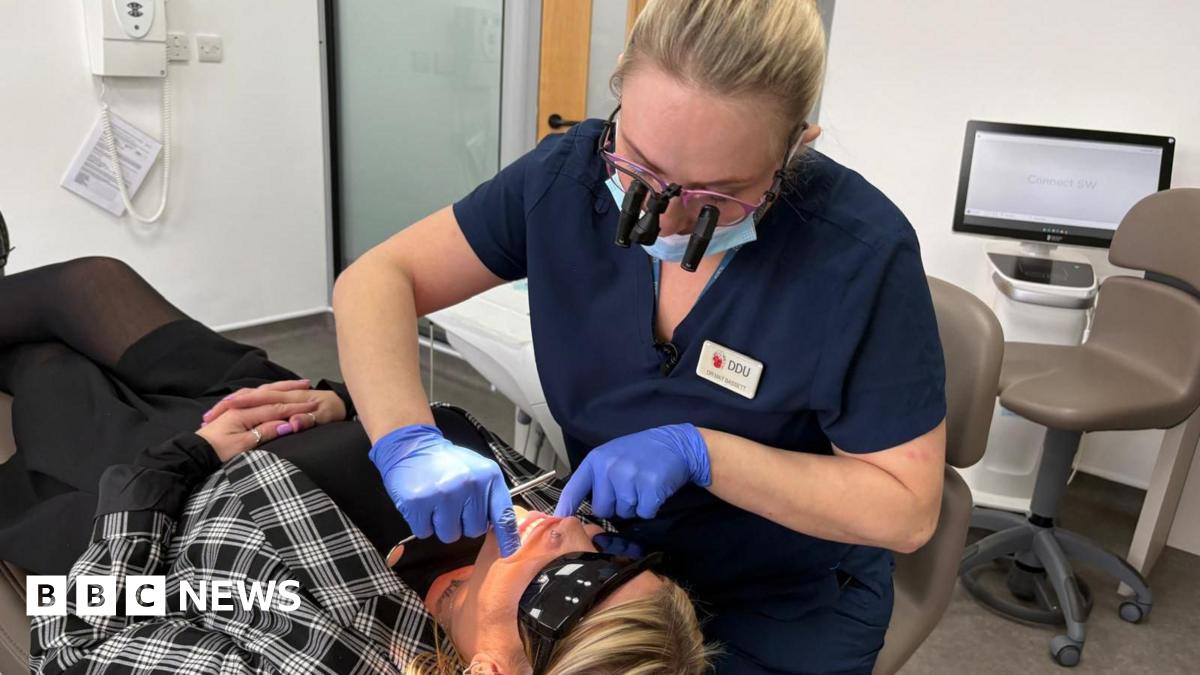Bluetongue Outbreak in Wales: Control Zones Declared, Vaccination Urged
A bluetongue outbreak has been confirmed in Wales, prompting the Welsh government to implement control measures. The first case was identified on a farm near Chepstow in Monmouthshire, with subsequent cases detected in Powys near Llangammarch Wells and Gladestry. Authorities are urging farmers to vaccinate their livestock to mitigate the spread of the disease.
Confirmed Cases and Control Measures
The Chief Veterinary Officer for Wales, Richard Irvine, confirmed the active midge-borne transmission of the disease. Affected cattle are being culled according to the UK's Bluetongue control strategy, and restrictions are in place on the affected farms. A Temporary Control Zone (TCZ) has been established around the Monmouthshire premises to restrict livestock movements and enable further surveillance.
What is Bluetongue?
Bluetongue is a viral disease primarily transmitted by biting midges. It affects ruminants like cattle, sheep, goats, and deer, as well as camelids such as alpacas and llamas. While it doesn't affect humans or food safety, symptoms in animals can include fever, lesions, redness of the mouth and nose, excessive salivation, and nasal discharge. Some animals may exhibit no symptoms at all.
Government Response and Farmer Concerns
The Welsh Government is defending its "control and contain" strategy. Deputy First Minister and Cabinet Secretary for Rural Affairs, Huw Irranca-Davies, stated that premises with confirmed cases are under restrictions as investigations continue. Compensation will be provided for culled animals. The government is also urging farmers to discuss vaccination with their vets. Conservative MS Samuel Kurtz has raised concerns about financial losses faced by farmers due to movement restrictions and called for urgent financial support. He noted a significant drop in livestock market turnover.
Union's Call for Vigilance and Vaccination
NFU Cymru Deputy President Abi Reader acknowledged the confirmation of cases as a concern and urged farmers to remain vigilant. She advised reporting any suspected cases to the Animal and Plant Health Agency (APHA) on 0300 303 8268 and discussing vaccination options with their vets. She said that the confirmation of four cases was “a concern to livestock keepers but not surprising” given the spread across the border.
Winter Fair and Vaccination Recommendations
The Royal Welsh Agricultural Society announced that the Winter Fair, scheduled for late November near Builth Wells, will proceed as planned. However, all exhibitors from England must vaccinate their animals, while those from Wales and Scotland are strongly recommended to do so. This is “as a precaution, and in case the situation changes and new rules make it a requirement later on,” they stated.
Vaccination: The Best Defense
Richard Irvine and Huw Irranca-Davies both emphasized that vaccination is the most effective way to protect livestock and livelihoods. Irranca-Davies has called the virus a "major challenge" to the Welsh farming industry. Authorities continue to monitor the situation and adapt their response as needed. The government’s response has sought to “buy time” for farmers and for the vaccination supply chain to build up.
 Visit the website
Visit the website







